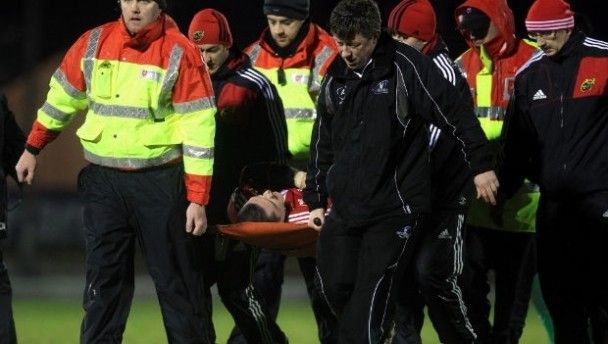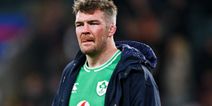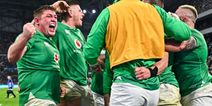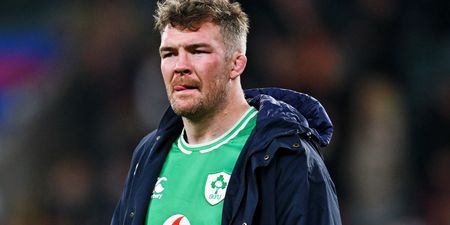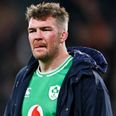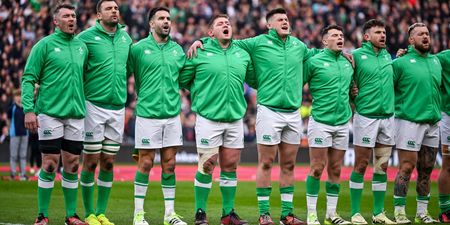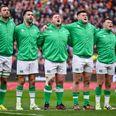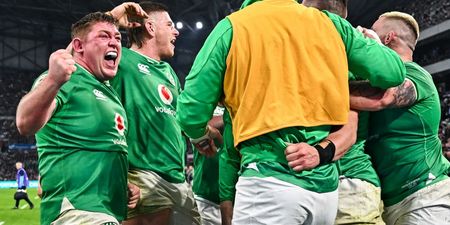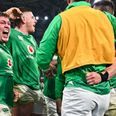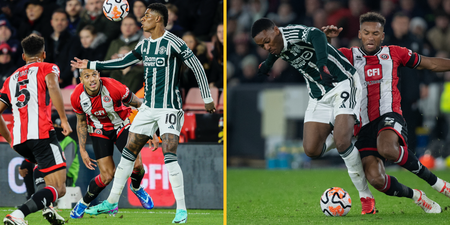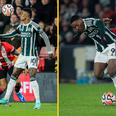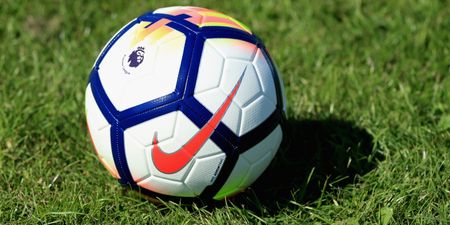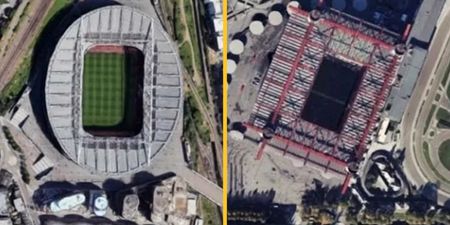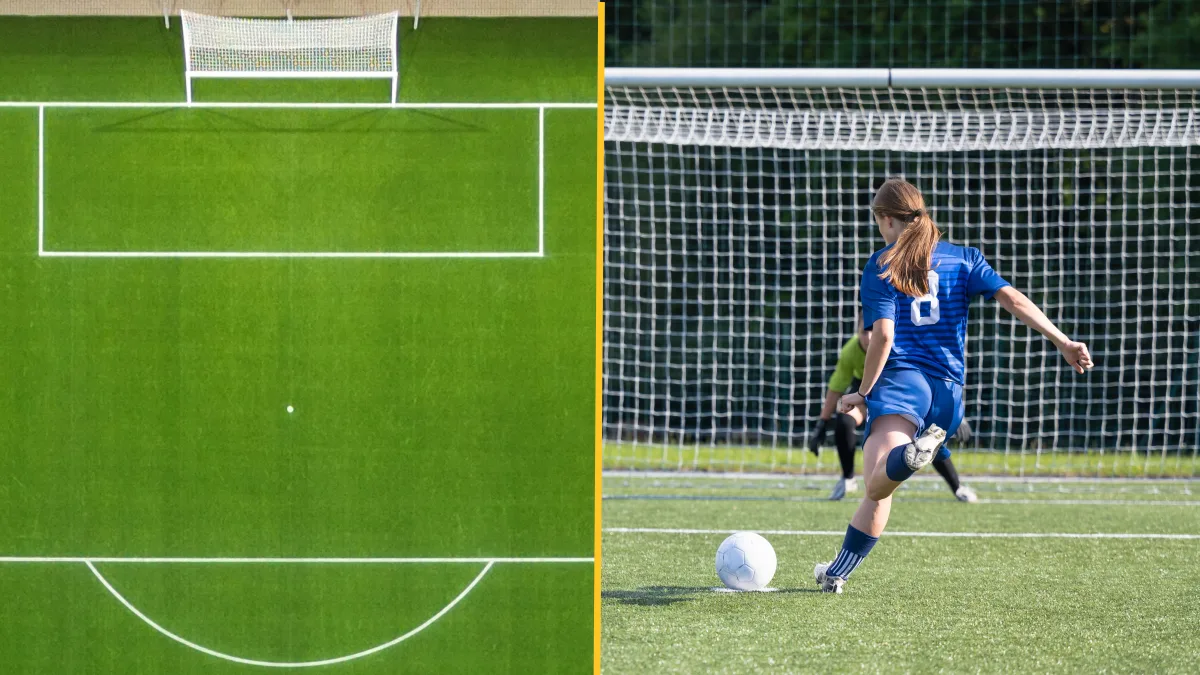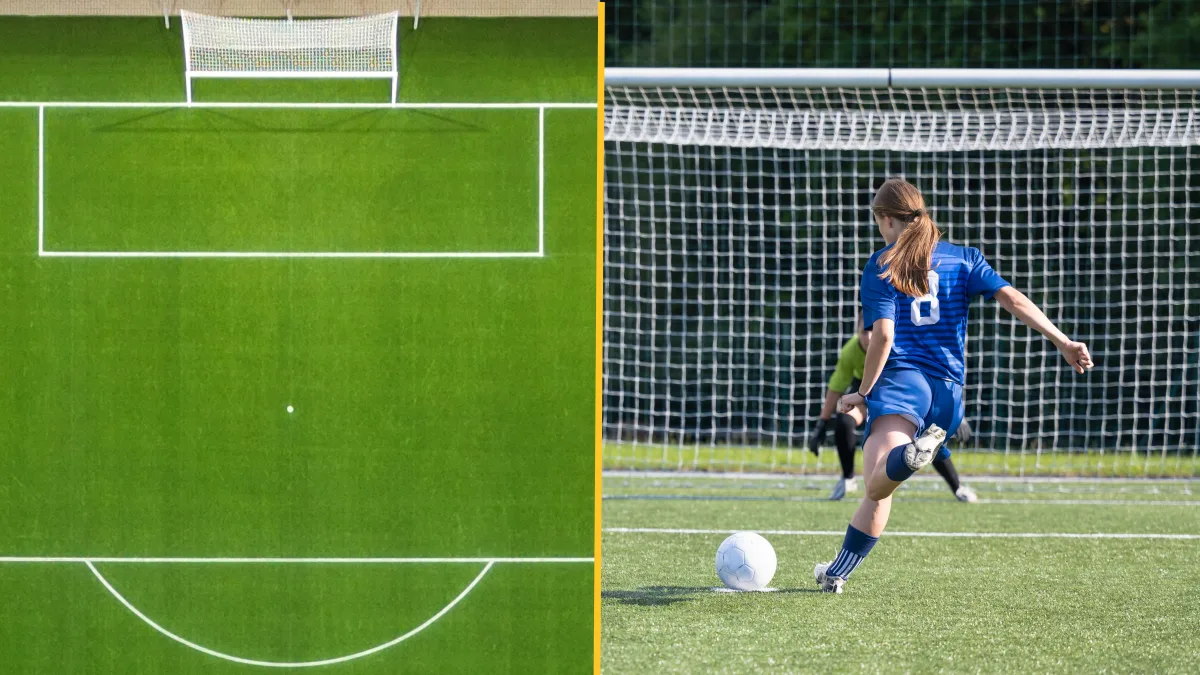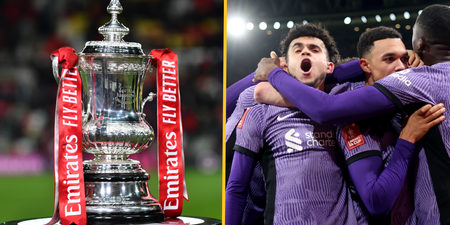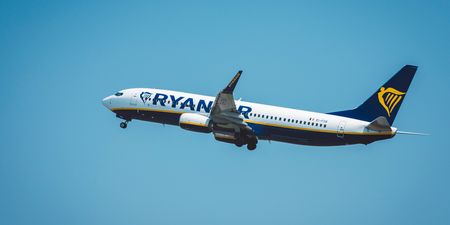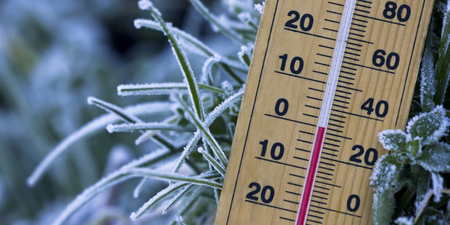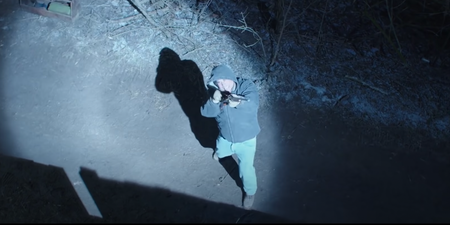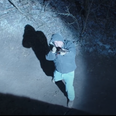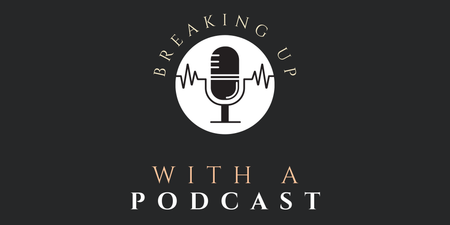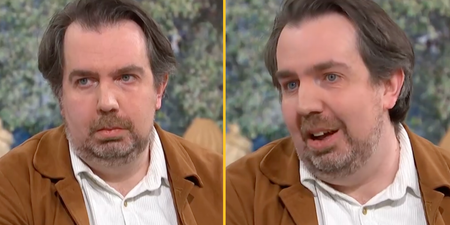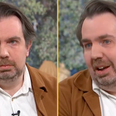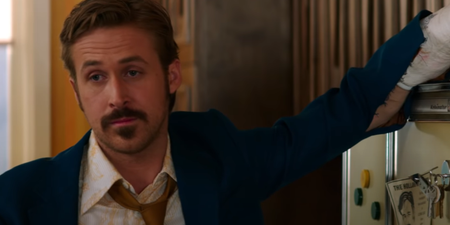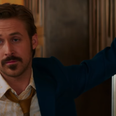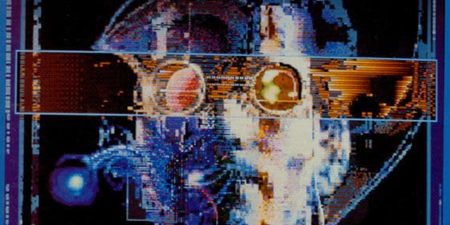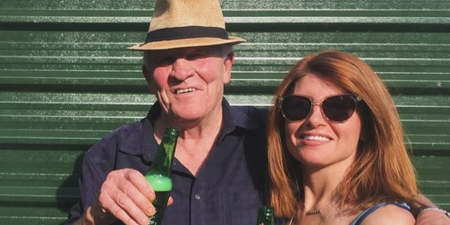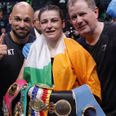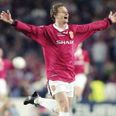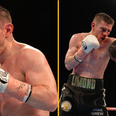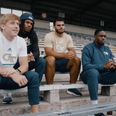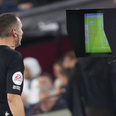 Malcolm O’Kelly on the explosive IRUPA survey of pro players, next weekend’s vital round of Heineken Cup fixtures and his hopes for Irish rugby in 2011.
Malcolm O’Kelly on the explosive IRUPA survey of pro players, next weekend’s vital round of Heineken Cup fixtures and his hopes for Irish rugby in 2011.
The IRUPA survey of Irish professional players which appeared in the Irish Times on Saturday was very interesting. Forty per cent of players have been pressurised to play through injures, and around a third of those were put under pressure by medical staff. Also, 20 per cent were pressured to play through concussion.
I would say that every professional rugby player has been put under pressure to play when he feels unfit to play at some stage. At the end of the day the decision does come down to the player, but it’s difficult. Every coach and physio will put pressure on a player to return to play, certainly when they think the player has recovered. Sometimes the player doesn’t think he is fit, and doesn’t feel confident that he is ready. This is a stressful issue for the player and sometimes the best thing to do is just get out and play and put it behind them, whereas the player might prefer another week to recover.
In many cases it is the player who pushes the pace of his return as they are very keen to get back on the field and in those cases the physio has to contain the player’s eagerness. I’m afraid it’s never black and white. There is a human element involved and in that there is always human error. Sometimes a physio believes the player is fit and will tell him so, sometimes the player will try and convince the physio that he is fit to return. At the end of the day as long as the player believes the physio and medical team have his interests ahead of the team’s, then it is a case of trust and knowing your body.
With myself, I was put in a difficult situation back in 2002. I had a damaged eye socket. One doctor said it was a six-week lay-off. Another said four weeks. I was forced to see an independent specialist and he ruled that it would be the former. There was a big game coming up – the Heineken Cup quarter-final away to Leicester – and there was a lot of pressure from the coaches to get back sooner rather than later. It happened at a really bad time, just before such a big game, and it was a very difficult time. I could have played the match if I came back after four weeks, and even now looking back sometimes I think I should have, because we lost the game. But I was told that it wasn’t right, and that if I got another bang on it the damage could’ve been quite severe. Even though there was pressure to play the decision was up to me and I made the hard decision not to play.
Players need to stand up for themselves. The final decision is always with them. They’re responsible for their body. Luke Fitzgerald, for example, who recently returned from a knee injury, always gives himself the appropriate time and will return when he is ready. You could say that someone like Luke has the status where he can do that. For less established guys the player could be made feel that it would be in his best interests to play. These are the decisions you have to make, players must realise that while it may be in the team’s interest, it is never in their best interests to play injured and I think that’s the real decision that many players struggle over. Players do not want to let their team and teammates down by sitting out games.
The head trauma issue is a more delicate one that has really come to light recently. I personally was knocked out in a game against Australia. When I first woke up the on Lansdowne Road pitch unsure of where I was, I suggested a blood bin! But that was out of the question. I was stretchered off and given the best of care and fully recovered as expected after a three-week lay off. You look at Bernard Jackman’s and John Fogarty’s cases, who suffered multiple traumas. Questions that should be asked are ‘Did these players play through head trauma when it was unsafe to do so?’ or ‘Did they come back too early?’ or ‘Were they influenced or pressurised to return before they were ready?’.
In Bernard’s case he seems to think so. With John I think the severity of the initial trauma was never fully gauged and although he was out of action for nearly twice the recommended time, he seemed to continually suffer concussions that eventually forced him to retire. More studies and analysis need to be done into his specific case to try and understand why he didn’t recover initially. New guidelines need to be drawn to govern these cases as the current pre and post exams seem inadequate for all cases.
Next: Heineken Cup thoughts and my hopes for 2011

It’s another massive weekend of Heineken Cup rugby coming up, with big games for all three Irish provinces.
Leinster, Ulster and Munster all go into the games on the back of victories in the Magners League, but I’m not sure how satisfying it was for any of them.
Ulster had it easy against Treviso, maybe too easy. They have a different scenario completely against Biarritz at Ravenhill next Saturday. Biarritz are so mercurial, so hard to figure out. They scored ten tries against Agen at the weekend so they’re clearly on a crest of a wave and Ulster will need to limit key players like Yachvili and Harinordoquy. It will be difficult, they have to match them up front to have any chance, but they’ll be confident. Ravenhill is a great place for a big Heineken Cup game, and Biarritz are not always the best travellers, as they’ve already shown this season by losing to Aironi in Italy.
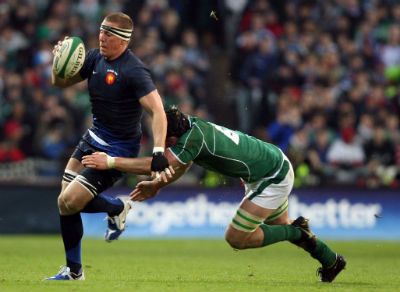
Stephen Ferris tackles Imanol Harinordoquy during a Six Nations clash in 2009. The pair will come face to face again at Ravenhill next weekend.
You’d always take a win against Ospreys in any circumstances so Leinster will be happy enough with the result on Friday night. But it wasn’t the performance they would have wanted. Whether it was rustiness from guys who were rested over Christmas, or the fact that there may have been one eye on next weekend, there seemed to be a lack of an edge. They did just enough against an abrasive and destructive Ospreys side, and I would expect to see a lift in the energy and accuracy next weekend. Maybe what Leinster needed was a kick up the arse. Lacking a physical edge won’t be an issue next weekend. If Leinster can find the level of intensity they had against the two French sides at the RDS they will blow Saracens out of the water.
Munster face the hardest of the three games. Toulon have only lost once at home this season and Munster have to win or it’s curtains. But they gave Toulon a good beating at Thomond so they won’t be going into the game with any great fear. Hopefully either or both John Hayes or Tony Buckley will be available. The scrum is such a key area against French sides and Munster need those two boys available.
**
For the year ahead, the next couple of weeks will tell a lot about our hopes in the Heineken Cup but I think we will have provinces who are very competitive. Leinster will hope to go all the way, and so will Munster if they can survive the next week or two.
In terms of Ireland, we’re all looking towards the World Cup. We can do well in the Six Nations – none of the teams involved found any real consistency in November so it’s hard to tell how it’ll go but we’ve as good a chance as any of winning it, and if we were to win the Six Nations it would be a real confidence booster for later in the year. However if I was a betting man I don’t believe any of the sides will win the grand slam this year.
The World Cup though, is definitely something that needs to be addressed from an Irish point of view. We haven’t ever really performed to our potential at a World Cup and the memories of the desperately disappointing events of four years ago are still fresh. The way we lost to New Zealand last November means you’d have to doubt whether we have any real hope of winning the World Cup, but definitely a semi-final berth is an achievable goal.
The one player who seems to be really capable of making a mark this year is Sean O’Brien. He has been doing incredibly well over the last few months and he could really make the breakthrough. The real question is where and when he will slot in as the competition is fierce. But Seanie will get his chance. The Six Nations is such a gruelling event that you’d expect him to get a run at some stage and that could be his chance to cement a place.
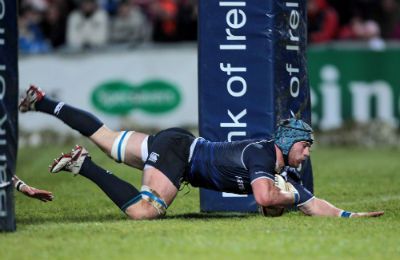
Sean O’Brien touches down during a recent Magners League game against Ulster. The Leinster back row forward has been in the form of his life this season.
He’s very versatile too. He has played 6, 7 and 8 for Leinster. There are differences between the roles of openside and blindside flankers but I think they have morphed much closer together over the last few years. The role of the traditional 7, who needed to be much more mobile and had his nose on the floor at every ruck, is a bit of a dying art in Irish rugby now. So much of it is about ball-carrying ability now. You see someone like Richie McCaw. Only a small part of his game is foraging on the ground – he’s carrying ball, he’s offloading, he is the link between backs and forwards. Seanie came in initially as a 7, so that’s where he could play. David Wallace is still the man in possession but there isn’t a lot between it and this year could see Seanie really become indispensable to the Irish back-row. I think he could certainly be used effectively off the bench.
